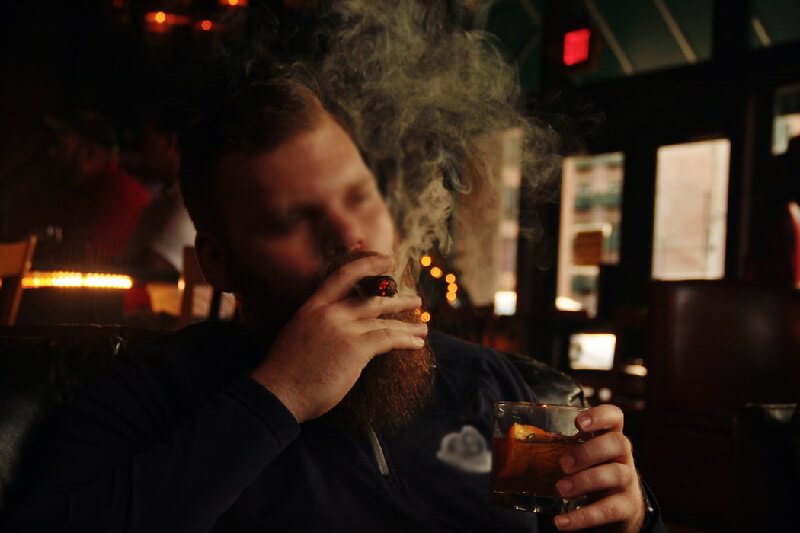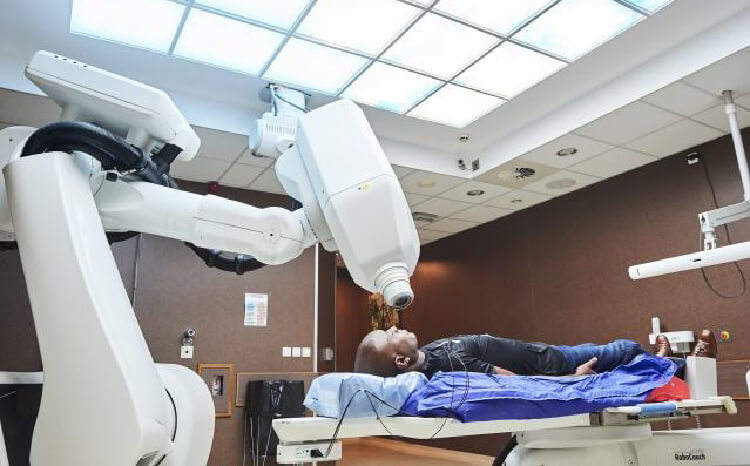By Lisa Zengarini
Speaking at the 70th Executive Session of the UNCTAD Trade and Development Board, Archbishop Ivan Jurkovič, the Vatican Permanent Observer to the UN and other international organizations in Geneva, reiterated the responsibilities of the advanced economies to help the Least Developed Countries (LDCs), especially in the context of the present crisis which has strongly impacted their economies.
According to a recent report, the pandemic pushed these countries to their worst economic performance in 30 years in 2020, with falling income levels, widespread employment losses, and widening fiscal deficits.
The number of people living in extreme poverty in the LDCs could rise by 32 million, pushing the poverty rate from 32.5% to 35.7%, thus limiting these countries’ chances of achieving the UN’s Sustainable Development Goals (SDGs), Archbishop Jurkovič remarked.
Rising inequality
The Vatican Nuncio emphasized that: “The determination of poverty should not be limited to the sole category of ‘economic development,” noting that “economic rules have proved effective for growth, but not for integral human development.”
“Wealth has increased, but together with inequality, with the result that ‘new forms of poverty’ are emerging”, he said citing Pope Francis.
The Vatican Observer therefore highlighted the urgent need to implement the “largely unfinished” Istanbul Program of Action (IPoA), which outlines the international community’s strategy for the sustainable development of LDCs in the decade 2011-2021 and identifies several essential areas to increase their productive capacities, including: infrastructure; energy; science, technology and innovation (STI) and private sector development.
A helping hand
According to the Holy See, “advanced economies can help kick-start sustainable global growth by combining proactive fiscal policy, including spending on infrastructure, along with fair and supportive monetary policies. Such policies can also lead to efforts to regulate global and corporate financialization.”
In this way, “least developed Countries will be encouraged and enabled to build domestic demand, use regulation to protect themselves from the risks of financialization in their domestic contexts and protect their policy and fiscal space to manage any other unforeseen shocks,” Archbishop Jurkovič explained.
He noted that the social and economic consequences from the Covid-19 pandemic have once again revealed “the long-standing weaknesses and asymmetries inherent in the prevailing system of multilateral trade and financial architecture.”
Tailored assistance
The Vatican Observer also emphasized that the so-called “one size fits all” approach, that is a single pattern of structural transformation, “is not applicable”.
He said each LDC “should be helped to grow in its distinct way and to develop its capacity for innovation while respecting the values of its proper culture.”
He also pointed out that, in shaping the post-Covid-19 economic recovery, the international community should “ensure that trade-related international support measures aimed at facilitating the integration of LDCs into the global economy continue to be guaranteed.”
Solidarity and fraternity
Looking at the Fifth UN Conference on LDCs, to be held next year, Archbishop Jurkovič stressed that the ambition of the international community of leaving “no one behind” should be translated “into effective actions” to help these Countries.
“To that end,” he said, “we need to recognize that the degree of its realization depends on the willingness of States to act in solidarity and fraternity in building the common good.”














